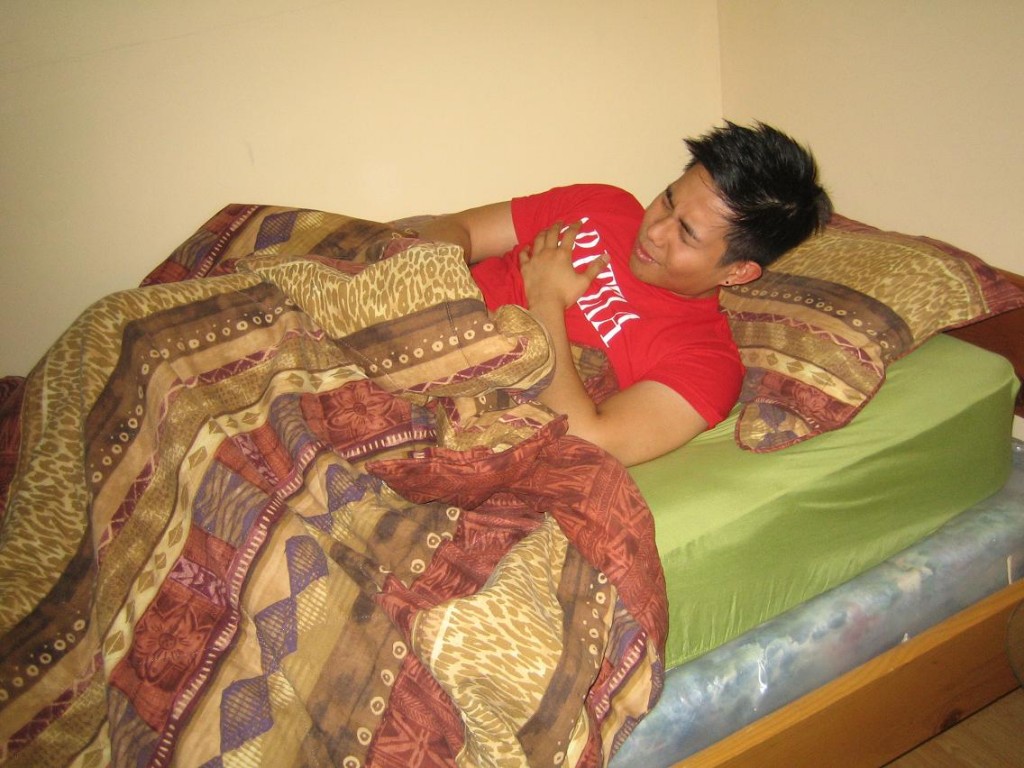Narcolepsy is a chronic sleep disorder that is characterized by extreme sleepiness during the day. Narcoleptics find it difficult to stay awake in long periods of time and would usually sleep for about 15 to 20 minutes anytime during the day. In rare cases, some people who have narcolepsy tend to have hallucinations on falling asleep or walking. Narcolepsy is a serious condition that has no cure and causes serious disruptions in activities of daily living. People with narcolepsy tends to doze off to sleep while driving, making the condition more potentially dangerous. Although there is no cure for narcolepsy, there are lifestyle changes that are helpful while some medications are prescribed to manage its symptoms.
Symptoms of narcolepsy
The following are the common symptoms of narcolepsy that manifest between the age of 10 and 25 and may worsen over time when medical intervention is not provided:
- Excessive daytime sleepiness.
- Decreased alertness during the day, making it difficult for the person to concentrate and focus on performing tasks.
- Sudden unexplained loss of muscle tone or cataplexy, which is associated with narcolepsy. Cataplexy causes physical changes that vary from slurred speech to complete weakness and may be triggered by strong emotions.
- Sleep paralysis
- Temporary inability to move or speak while falling asleep or upon waking up. These episodes are brief and would last for about one to two minutes.
- Hallucinations of two types may occur, namely hypnagogic and hypnopompic. The former is hallucination occurring while the patient is asleep and the latter, while the patient is awake.

Narcolepsy management
While there is no treatment for narcolepsy there are lifestyle changes that can help the patient in coping with activities of daily living such as the following:
- Make a sleeping schedule and stick to it religiously every day. Attempting to sleep and wake at the same time establishes a pattern of sleeping that may help you avoid sleepiness during the day.
- Take short naps at regular intervals. A 20-minute nap may be restorative enough as well as refreshing. It wards off drowsiness for 1 to 3 hours during the day.
- Exercise regularly. Moderate exercise helps you to stay alert and stimulated during the day and allows you to sleep more soundly during the night.
- Avoid alcohol and nicotine as these drugs can increase drowsiness during day time.
Should there be significant sleepiness during the day that prevents the person from carrying out functional activities of daily living, consult a health care provider right away for proper treatment and medication management. When a person suddenly falls asleep while driving and had an accident, check the victim for any injury. If the victim is unconscious and not breathing, ask someone to call for 911 and apply CPR immediately.
Reference:
EMedicineHealth. Narcolepsy Overview. Retrieved on June 18, 2014 from http://sleepfoundation.org/sleep-disorders-problems/excessive-daytime-sleepiness-disorders/narcolepsy-and-catoplexy.

